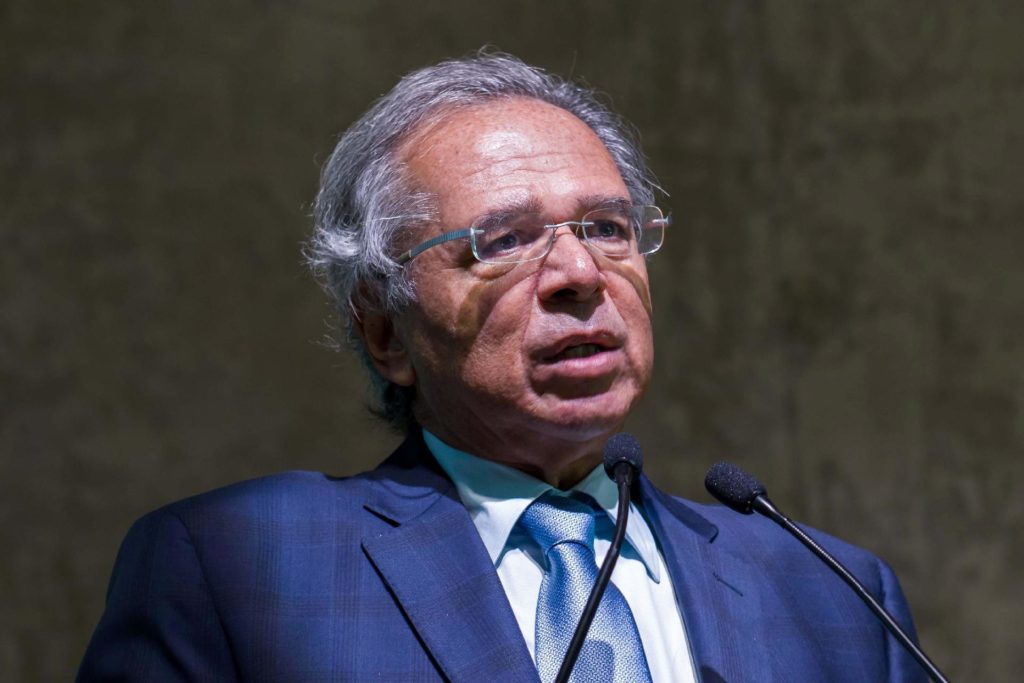RIO DE JANEIRO, BRAZIL – A controversial point contained in the federal government’s proposal of the Federative Pact is the intention to extinguish municipalities in order to unburden the state and municipal budgets.
The concept in the Minister of Economy Paulo Guedes‘ view entails the merger or amalgation of municipalities with fewer than 5,000 inhabitants and which depend on federal transfers to meet their regular expenses.
The targeted cities have in common low population and low local tax revenue, representing less than ten percent of total revenues. According to a survey on the Virtu News website, a total of 1,217 municipalities in Brazil could cease to exist by 2025.

The reduction would represent the end of 2,434 mayoral and vice-mayor positions, in addition to a reduction in the number of city councilors – almost 11,000 positions would be extinguished, out of the almost 55,000 today in the country as a whole. Municipal employees would also suffer as over 30,000 positions would be closed.
The survey was based on data from the National Treasury and the Brazilian Institute of Geography and Statistics (IBGE). It was found that nearly seven of every ten cities of this size receive over 50 percent of revenues transferred from the federal Municipal Participation Fund (FPM). According to the survey, these micro-municipalities are, as a result, often wealthier than small and medium-sized cities.
Cities with fewer than 5,000 inhabitants are home to only two percent of the Brazilian population, but control ten percent of the FPM. Last year, the FPM transferred R$93.4 billion (US$18.7 billion), of which 37 percent was allocated to municipalities having only 15 percent of the Brazilian population.
Cities with 26 percent of the country’s inhabitants received a lower share of the funds – 18 percent of the total. On average, these towns received R$2,408 per person while municipalities with between 500,000 and 1,000,000 inhabitants received R$177 in transfers per inhabitant.
In the allocation of these funds, according to the data, the five municipalities with the largest per capita shares have fewer than 1,500 inhabitants each. These cities are Serra da Saudade (Minas Gerais), Borá (São Paulo), Engenho Velho (Rio Grande do Sul), Cedro do Abaeté (Minas Gerais), and Araguainha (Mato Grosso).
Among them, Serra da Saudade received R$10,000 per inhabitant as its FPM share, points out Virtu News. In municipalities having up to 5,000 people, the FPM’s transfers correspond to 55 percent of the municipalities’ current revenue.
The survey also shows that the average per capita Net Current Revenue – the sum of tax revenues, contributions, current transfers, and others – of municipalities with up to 5,000 inhabitants is R$5,000, compared to an average of less than R$3,000 for cities with between 20,000 and 50,000 people.
A total of 1,079 new municipalities have been created since 1990, an increase of 24 percent, and cities having 5,000 inhabitants or less, which were 16 percent before the increase, accounted for 23 percent of the total in 2010.
Source: Veja

